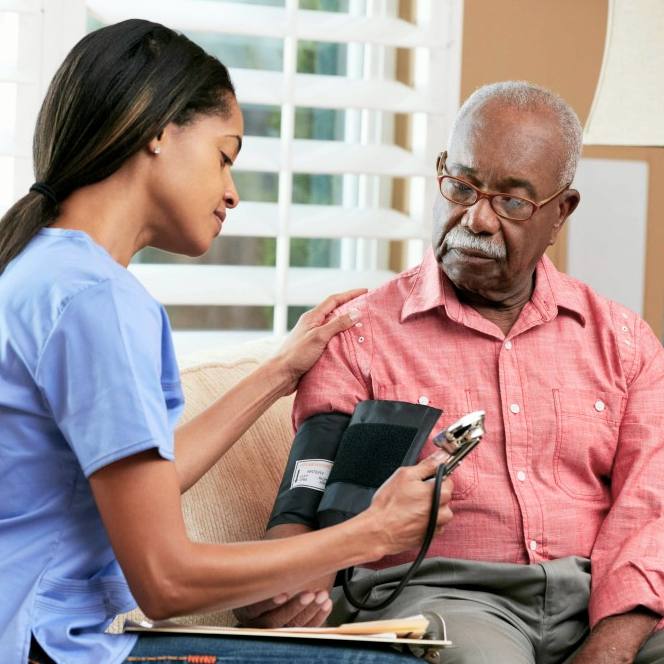-
Cardiovascular
Women and Heart Attacks
Heart disease is the No. 1 killer of women, yet according to the Centers for Disease Control and Prevention (CDC), about half of all women are unaware of this fact. Founder of the Women's Heart Clinic at Mayo Clinic Sharonne Hayes, M.D., says, "While there’s been a steady decline in cardiovascular deaths in the general American population over the past 30 years, that has not been the case for women under the age of 55, which has seen a slight increase."
Journalists: Sound bites are available in the downloads. This is part 1 of Dr. Hayes' insights on women's heart health. Also see "Women Urged to Take Charge for Better Heart Health" posted February 24, 2014.
Dr. Hayes says part of the problem has been an outdated belief that women had a lower risk of heart disease than men. She says it's now known that women actually have some additional risk factors that can damage their cardiovascular health.
which are risk factors for heart disease and twice as common in women compared to men. They also have to go through all the vascular and physical changes of pregnancy." TRT :17
The CDC says nearly two-thirds of women who die suddenly of a heart attack reported no previous symptoms. Dr. Hayes says women are more prone to dismiss heart attack symptoms as something else, like acid reflux. Beyond that, she says, woman's symptoms may be different than a man's.
Dr. Hayes says public health messaging needs to emphasize that heart-healthy lifestyle choices are as important for women as they are for men. She also says all of us need to start paying attention to our heart's needs at a younger age.







